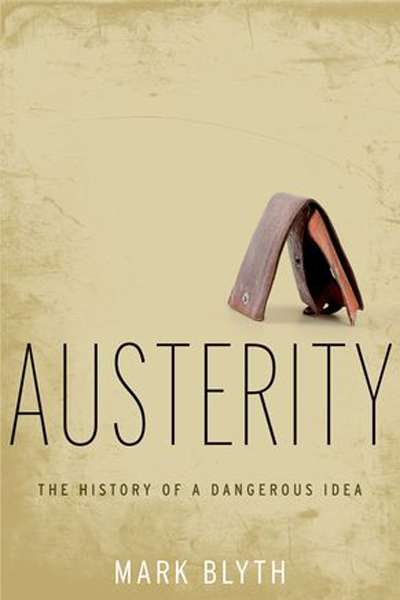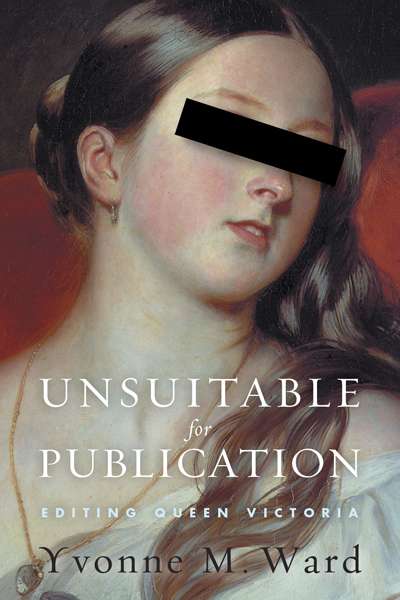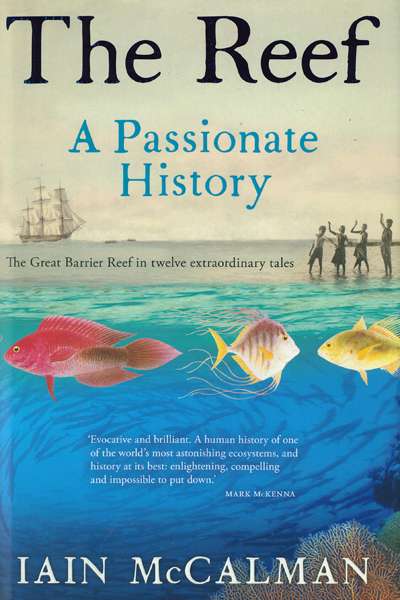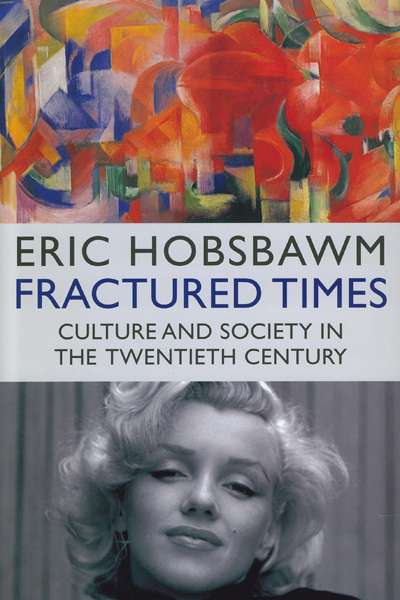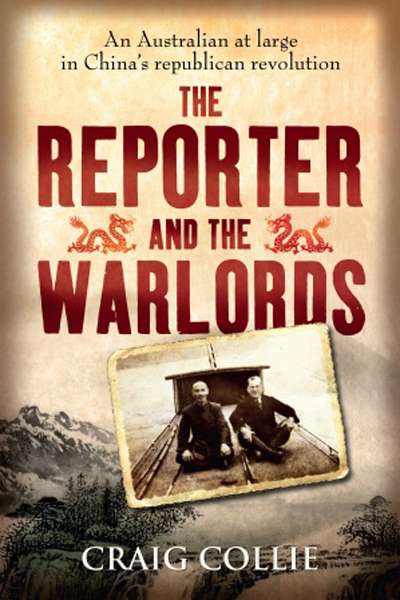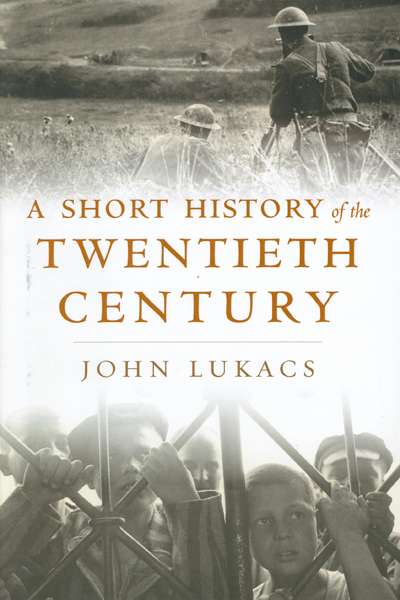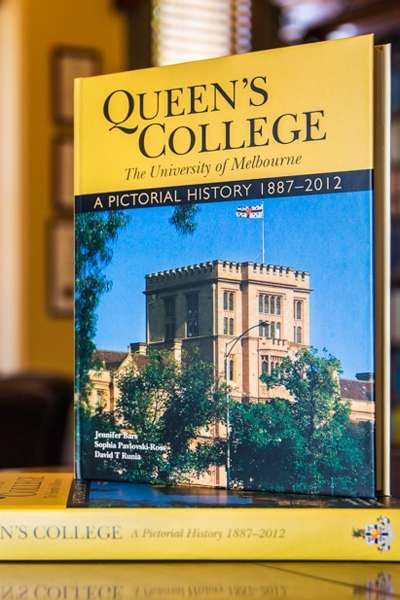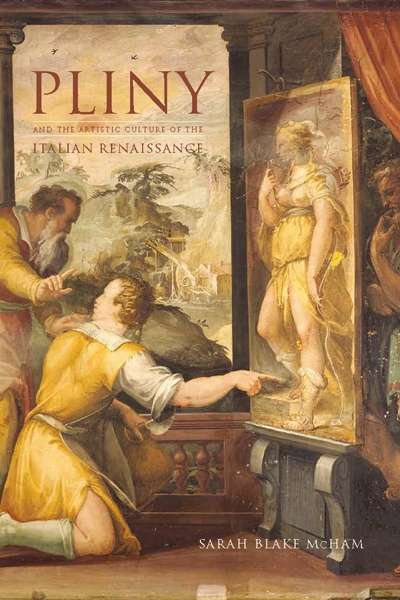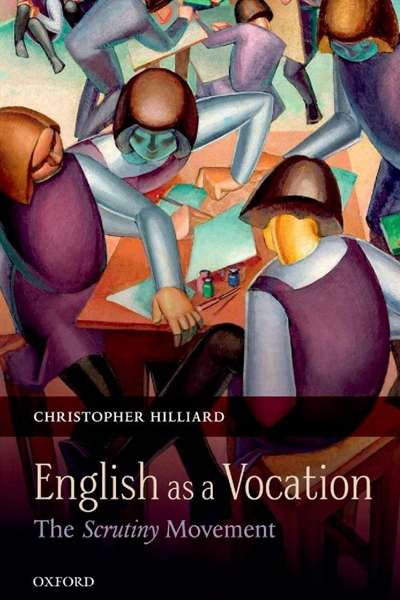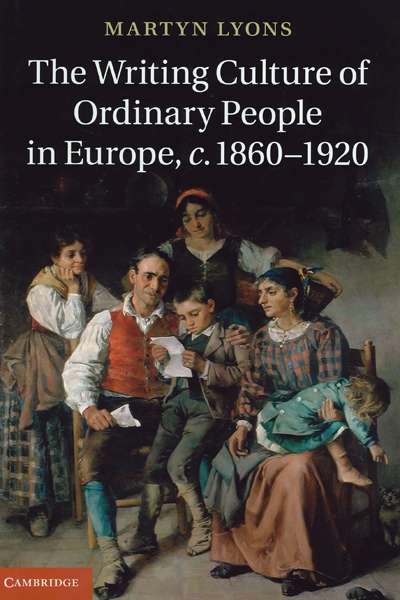History
Should state spending on government be more restricted, or is it private financial institutions that should pay? Adrian Walsh writes about fresh controversies over international austerity programs.
Unsuitable for Publication: Editing Queen Victoria by Yvonne M. Ward
When Queen Victoria died she had ruled the British Empire for sixty-three years. In the same year as her ascent to the throne, the capital of the colony of Victoria was christened Melbourne, after her first prime minister. She died in 1901, soon after Federation. After her death, her real character remained largely unknown for decades (Lytton Strachey’s seminal biography was still twenty years hence). The public regarded Victoria as dour and was oblivious to her remarkable qualities. Any concern for her reputation was then lost beneath the carnage of two world wars and multiple mass conflicts. How this happened is the subject of Unsuitable for Publication.
... (read more)I know we should never judge a book by its cover, but Iain McCalman’s ‘passionate history’ of the Great Barrier Reef is a book that truly delivers on the promise of its gloriously sumptuous jacket. Brilliantly coloured in the hues of the reef itself, it is a montage of historical photographs of Indigenous children engrossed in spearfishing above brightly paint ...
Fractured Times: Culture and society in the twentieth century by Eric Hobsbawm
As he approached his fiftieth birthday, Eric Hobsbawm finally won recognition. His Primitive Rebels (1959) was an innovative study of millenarian rural movements. In 1962 he published The Age of Revolution, the first of four books that encompassed the modern era with unrivalled powers of synthesis, and his volume on Labouring Men (1964) gathered up incisive essays on labour history that had appeared over the previous decade. Hobsbawm’s academic career, which had been held back by membership of the Communist Party, was prospering: in 1959 he was promoted to Reader in History at Birkbeck College in London. He worked as the jazz critic for the New Statesman, and in the same year Penguin published his wide-ranging account of The Jazz Scene.
... (read more)The Reporter and the Warlords: An Australian at Large in China’s Republican Revolution by Craig Collie
Celebrity knows no borders, so the Australian visitor to Xi’an, capital of China’s north-western province of Shaanxi, shouldn’t be too surprised to come across images of compatriots like Hugh ‘Wolverine’ Jackman and Nicole ‘Face of Chanel’ Kidman adorning the city’s retail centre. But if they look around in Xi’an’s museums and historical di ...
A Short History of the Twentieth Century by John Lukacs
The author of this impressive book had his ninetieth birthday this January. Born to a Jewish mother and Catholic father, he was fortunate to escape death in his native Hungary in World War II and to live another existence in the United States as an intellectual and historian throughout the Cold War. The label he sometimes claims is ‘reactionary’, but this is too simple for such a thoughtful spectator of the tempestuous, topsy-turvy twentieth century.
... (read more)Queen's College the University of Melbourne: A pictorial history 1887–2012 edited by Jennifer Bars, Sophia T. Pavlovski-Ross, and David T. Runia
Notwithstanding occasional media focus on misbehaving students or senior members, the residential colleges and halls dotted around or about most Australian university campuses keep a low profile. Their influence has undoubtedly declined since the early twentieth century, when as many as one quarter of Melbourne’s enrolled undergraduate population, and a much higher proportion of full-time students, were attached to Trinity and Janet Clarke Hall, Ormond or Queen’s. But the collegiate ideal to which all these institutions aspire, more or less, still provides a vital alternative to the regrettably prevailing view of higher education as mere vocational training – especially now, when the future viability of universities themselves is called increasingly into question.
... (read more)Pliny and the Artistic Culture of the Italian Renaissance: The legacy of the 'Natural History' by Sarah Blake McHam
When the intellectuals, writers, and artists of the Renaissance sought a theoretical basis for the new styles they were developing – at a time when the new meant all’antica and the term modern was still coloured by associations with the Middle Ages – they found that ancient sources were relatively abundant in some areas and scarce or non-existent in others. Poets could find inspiration in Horace’s Ars Poetica, and later in Aristotle’s Poetics. And there was a wealth of material on rhetoric – Aristotle, Cicero, Quintilian, Tacitus – in fact an abundance out of all proportion to the practice of the art in an age when public speaking was represented by sermons and university lectures rather than by the deliberative and forensic oratory that were the lifeblood of Greece and Rome.
... (read more)English as a Vocation: The Scrutiny movement by Christopher Hilliard
Christopher Hilliard’s meticulously researched and richly detailed English as a Vocation: The Scrutiny Movement opens with a historical anecdote regarding an after-hours, postwar negotiation ‘between literary analysis and popular culture’ undertaken in that most evocative of English holiday destinations: Scarborough. In these opening lines, Hilliard describes how the founder and director of Birmingham University’s renowned Centre of Cultural Studies, Richard Hoggart, working in an earlier capacity as an adult education tutor in North Yorkshire, spent his evenings in the late 1940s combining classes on Shakespeare with sessions scrutinising advertising rhetoric and the language of newspaper articles.
... (read more)The Writing Culture of Ordinary People in Europe, c.1860–1920 by Martyn Lyons
‘If in this I have been tedious,’ admitted William Cowper in a letter published in 1750, ‘it may be some excuse, I had not time to make it shorter.’ In The Writing Culture of Ordinary People in Europe, c.1860–1920, Martyn Lyons has accomplished what Cowper could not. This is a short book but withal it successfully tackles an expansive agenda. It is in no way tedious. Indeed, it is an excellent book – ambitious and thought-provoking – and deserving of an equally large audience within the academy and beyond it.
... (read more)

